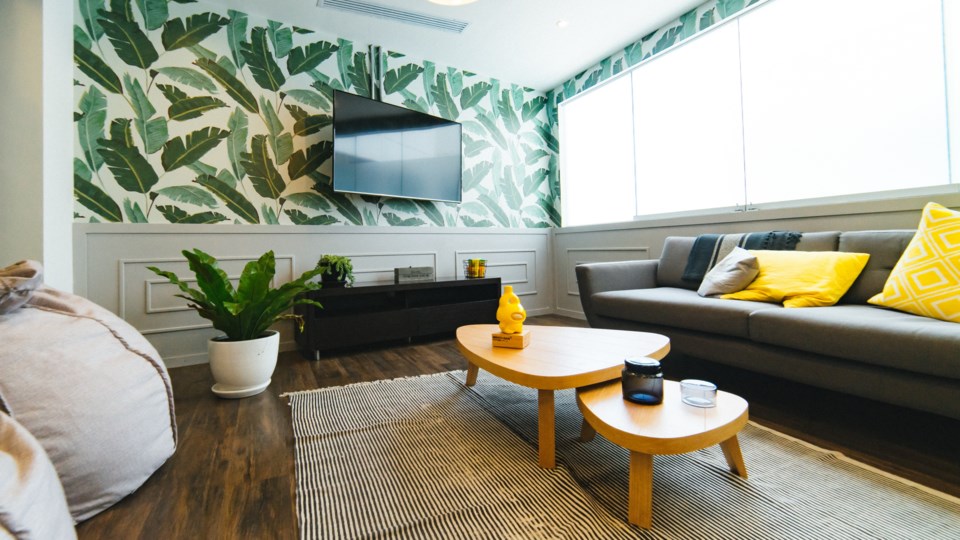Have you read the latest news about the housing market? Reports relating to sales activity in May reveal that the housing market in Guelph and Toronto are showing an increase in the average price for residential real estate.
Average prices in the City of Guelph hit 5-year highs for the period of January-May - over $520,000, or an almost 5% increase over the same period in 2018. But is this something homeowners across Guelph should be celebrating, or is this new high a warning sign of something beneath the surface?
What you should know about “average price” and real estate
One of the most common metrics used to measure real estate activity is the average price of homes sold. It’s a term loosely thrown around each month to get a quick sound bite of howyour local market may be performing. However, there are so many different variables that play into average price increases or decreases that you should be wary of this number as the sole measure of market health.
In retail business, the term “same-store sales” is used to compare stores that have been around more than a year while eliminating new and closed stores, or “noise” that may artificially impact sales data for a specific timeframe. It’s a way to compare apples to apples and understand whether a core market is strong.
With this mind, here’s a basic example of how the average home price can be a skewed measure of housing market performance:
2018:
100 homes that sold in Guelph
50 were existing homes with an average price of $500,000
50 of those were a brand-new development of entry-level townhomes selling at $350,000
2018 average price is: $425,000
2019:
100 homes sell in Guelph
50 were existing homes that still averaged a price of $500,000
50 were a new high-end condo development that sold for $600,000
2019 average price is $550,000
Although the number of existing homes didn’t change at all, if reported on, this data would make it appear as if there was a 29% increase in average price.
Neighbourhoods also impact averages
Just because the entire Guelph market is increasing, it doesn’t mean all things are equal across the city. Often times, buyers of downtown homes are not necessarily the same buyers of Westminster Woods homes or Victoria North homes for a variety of reasons. Yet, these neighbourhoods are typically grouped together in a “City of Guelph” number as a market performance indicator. Neighbourhood dynamics create a unique market, including people that are interested in buying or selling in a specific area.
Here’s a look at how individual neighbourhoods are performing this year, based on the percentage change versus 2018, ranked from highest increase to lowest:
St Patrick’s Ward (the Ward) +33%
Onward Willow +11.5%
General Hospital +11.3%
Dovercliffe/ Old University +10.5%
Willow West/ Sugarbush +10.4%
Victoria North +6.4%
Clairfields +6.2%
Downtown +6%
Grange Rd +2.7%
Exhibition Park +2.4%
Pineridge/ Westminster +1.9%
Kortright West +1.7%
Kortright Hills -0.8%
Riverside Park -1.9%
Village by the Arboretum -4.9%
St Georges -6.1%
Kortright East -8.4%
Other factors outside of an existing home that could impact averages are new or closing retail businesses in an area, schools, road closures and more.
The takeaway from all of this? When researching real estate, go deeper than the common news headline or report on averages. Each individual homeowner or buyer should consider more detailed trends in specific markets to ensure that they’re making the most informed decision available. Your Realtor® should have this information available for you when asked.
Beth and Ryan Waller are Sales Representatives with Home Group Realty. They can be reached at 519-546-3390, [email protected] or through their website www.bethandryan.ca.
Source: GDAR data, 2018-2019. Excludes areas with less than 10 sales per year.

